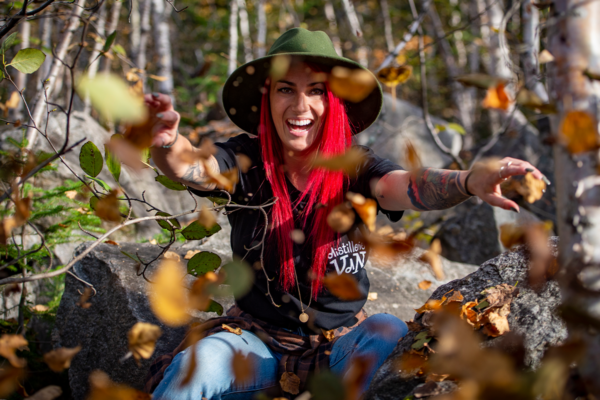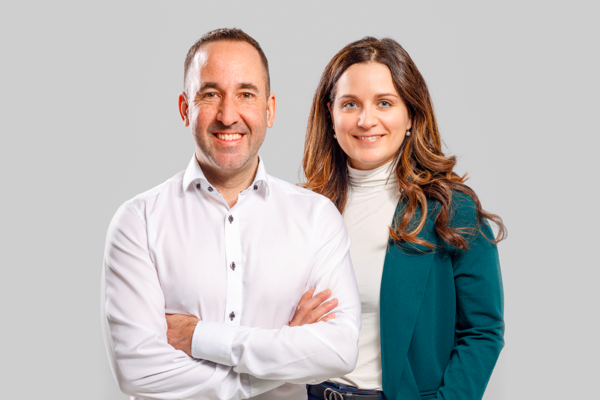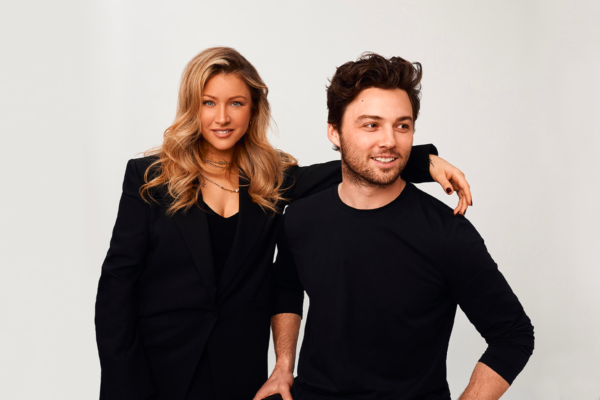It’s the height of the pandemic: March 2021. Annick Bachand and her two daughters, Marie-Chantale and Éloïse Viens, sell their first 150 bags of crackers in under 24 hours.
Today, their Rivière-du-Loup-based business malterre produces close to 300 bags daily.
And it is even more of a success because their crackers have something special about them.
They are made from draff, waste generated by brewing beer.
Crackers to combat food waste
Once brewers have crushed the cereal grains, they are mixed with warm water and the sugars drawn out.
What remains is draff. “Draff contains a lot of protein and fibre,” Annick explains. “It tastes like plain oats, but not as sweet.”
In the regions, draff is generally given to local farmers to feed their livestock. But in the city, reusing draff is more difficult.
The majority of the draff produced by large Quebec brewers is sold to American farmers. That means many round trips in tractor trailers and the resulting pollution.
“People would be surprised to see the amount of draff brewing creates,” Marie-Chantale says. “There is so much, it doesn’t all get used!”
And Marie-Chantale, Éloïse, and Annick were able to see that with their own eyes.
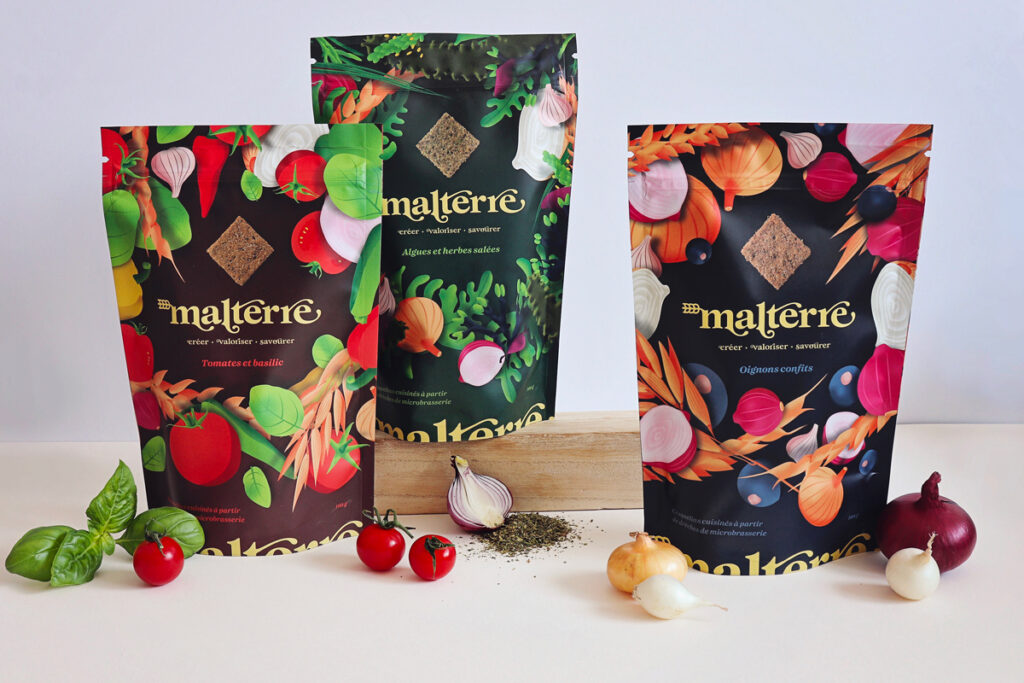
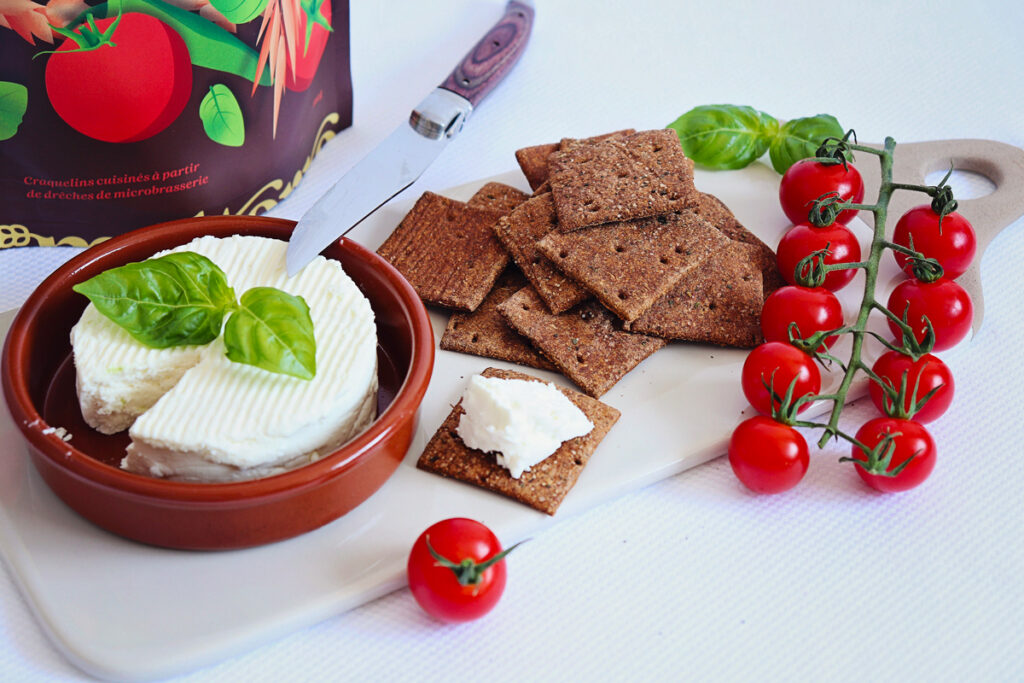
Because the draff they use to make their crackers comes from the microbrewery Aux Fous Brassant, which is owned by Éric, Annick’s spouse and the two women’s father. He is also affectionately called “volunteer of the year.”
When she realized the amount of draff produced, Annick had the urge to make it a value-added product.
After testing dog biscuits, Annick discovered draff-based crackers during a trip to Europe with her spouse.
When she returned, she asked her daughters to embark on an entrepreneurial adventure with her.
Having a big impact is no small beer
When we asked Annick what impact entrepreneurship means to her, she smiled a little and answered: “It’s funny, because I only recently discovered that we were engaging in impact entrepreneurship. I wasn’t aware of the term.”
Yet malterre is indeed having an impact. Annick, Marie-Chantale, and Éloïse haven’t settled for simply “recycling” draff. They “upcycle” it.
“When you recycle, you use the product to make one that is of lesser quality,” Annick explains. “While upcycling provides added value to the base product.”
Making crackers with upcycled waste – draff – nevertheless presents its share of challenges. Unlike traditional crackers, malterre has a lot of education to do with some clienteles.
In addition to selling their products, the three entrepreneurs have to deconstruct myths about draff.
“We keep having to explain to people what draff is,” Marie-Chantale says. “That it doesn’t taste like beer. That it is good for your health. That, yes, it’s the waste of brewing. But no, we don’t get it from the garbage.”
Marie-Chantale admits that this education can be exhausting, but she also takes pride in getting people to change their views.
Because that is having an impact too: getting people to adopt new consumption habits, which are healthier, more local, and more environmentally responsible.
Annick confirms in all modesty that “crackers are not enough to solve the problem of draff,” but malterre is doing its part and wants to inspire others.
“Every little step makes a difference,” Éloïse says. “Impact is often calculated in the long term, so it is important to persevere. If the mission and values are representative of entrepreneurs, the result is worth the effort.”
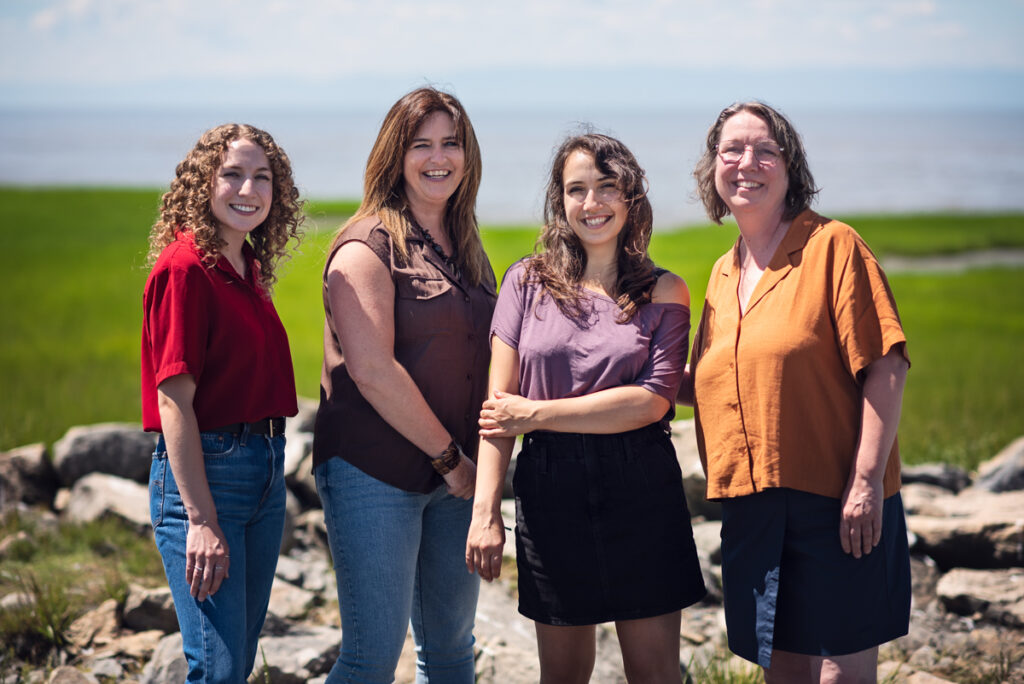

Growth, yes, but not at any cost
malterre, is first and foremost a family business. “If my daughters weren’t involved, the business wouldn’t be where it is today.”
But to double their production, Annick, Marie-Chantale, and Éloïse need reinforcements. They intend to recruit employees and automate some aspects of production.
In a context of growth, how can a business like malterre maintain its social impact and local flavour?
“It’s a question I ask myself every day. (…) But one thing is certain: we won’t turn our back on our values to grow more,” Marie-Chantale says.
malterre chose to use natural, local ingredients, such as maple syrup rather than sugar. But this means higher costs, and it is a price that Annick, Marie-Chantale, and Éloïse are willing to pay to have a quality product and to embody their values.
But creating a business with strong values does not necessarily mean generating fewer profits. It can also be a differentiator in today’s market. The malterre clientele doesn’t just buy crackers. It buys the philosophy that comes with them.
Many businesses, such as Loop, The Pretty Ugly Company, and Ellipse Conservation, have also understood how doing things differently could position them in the competitive agri-food market.
“The business world is changing,” Annick says. “We see it in how we are received compared with other businesses. People want to come visit us, to meet us.”
malterre currently offers three types of crackers, in addition to their special edition gingerbread cookies.
Try them. You’ll see that, no, they don’t taste like beer.”
And you too will go crackers for malterre.
To learn more about malterre:
Source : https://ici.radio-canada.ca/nouvelle/1888919/agriculture-exportation-dreche-molson-labatt-biere



